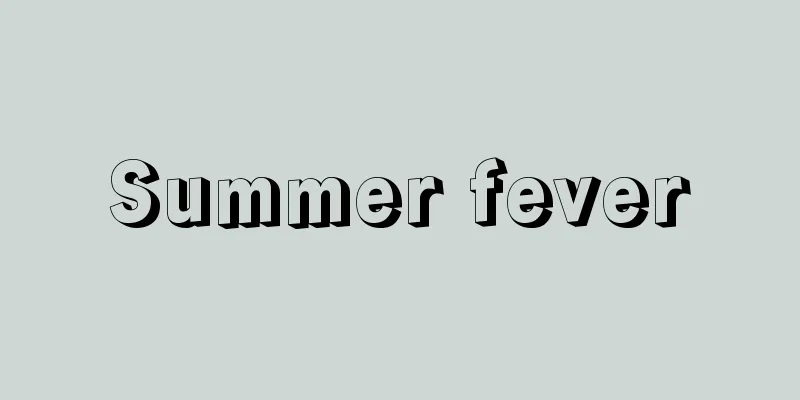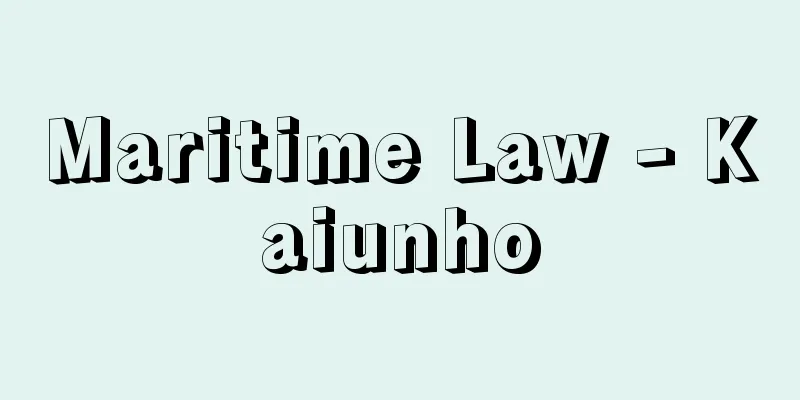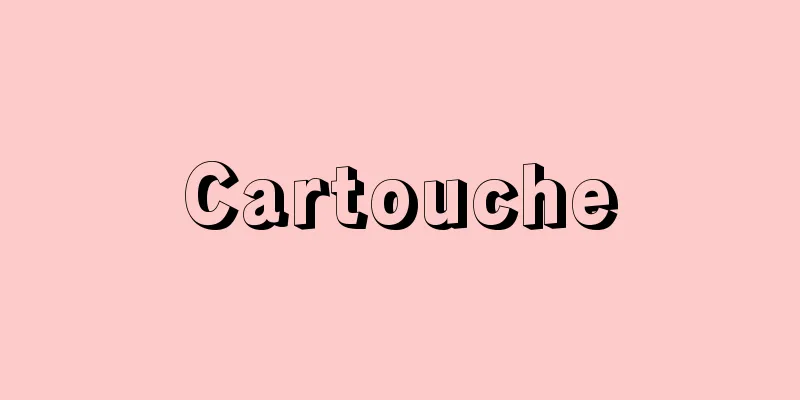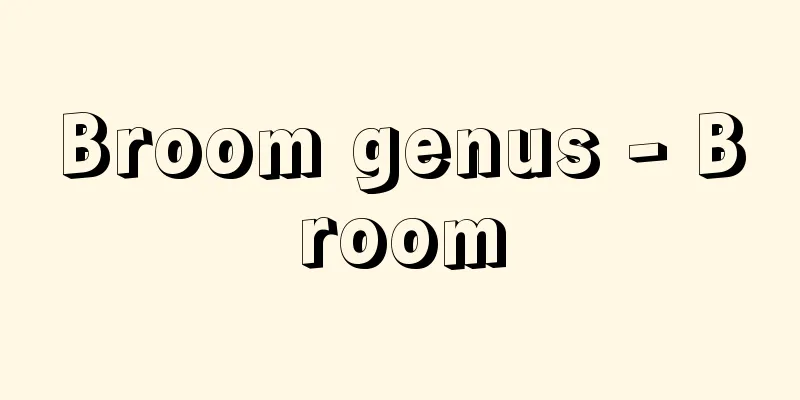Issac Asimov
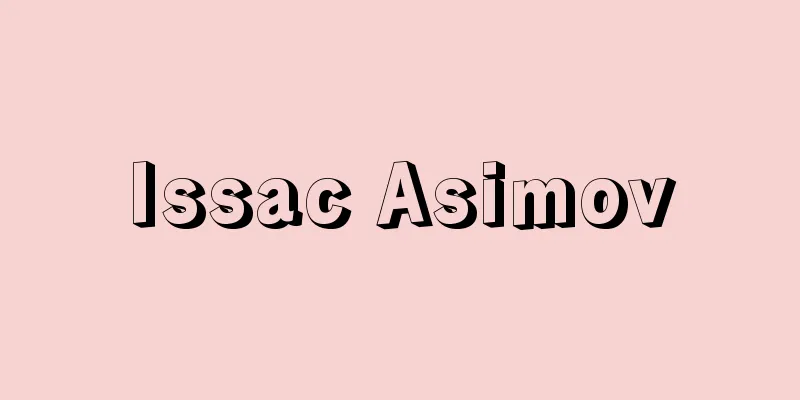
|
American science fiction writer and biochemist. Also known as Azimov. Born in the suburbs of Smolensk, Russia, he moved to the United States with his family at the age of three and became a naturalized citizen. He majored in chemistry at Columbia University. Later, he became a biochemist at Boston University and focused on nucleic acid research. His activities as a science fiction writer are wide-ranging, but his contributions to science fiction can be broadly divided into three categories. The first is his robot-themed works, as exemplified by his short story collection I, Robot (1950), in which he proposed the famous "Three Laws of Robotics." The second is his chronicle science fiction, centered on the Rise and Fall of the Galactic Empire trilogy (1951-1953), which depicts the grand future history of humanity. The third is Caves of Steel (1953) and The Naked Sun (1957), which opened up a new field by combining science fiction and mystery, featuring a robot detective. In addition, he won the Hugo Award after Galactic Empire for The Gods Themselves (1972), which deals with the themes of parallel universes and aliens. Outside of science fiction, the series of short stories he has been writing since the 1970s, "The Black Widow Spider Society," has been highly praised as a sophisticated, authentic mystery, and he has written nearly 200 books in total, including numerous enlightening science commentaries. In the spring of 1977, he launched "Isaac Asimov's Science Fiction Magazine," continuing his energetic work. [Jun Atsugi] "Asimov Autobiography I" (translated by Akira Yamataka) (1983, Hayakawa Publishing) [References] | |Source: Shogakukan Encyclopedia Nipponica About Encyclopedia Nipponica Information | Legend |
|
アメリカのSF作家、生化学者。アジモフともいう。ロシアのスモレンスク市郊外で生まれ、3歳のとき一家とともにアメリカに移住して帰化した。コロンビア大学で化学を専攻。のちボストン大学で生化学者として核酸の研究に専念する。SF作家としての活動は広範囲にわたるが、SFに対する貢献は大別して三つに分類できる。その一は短編集『わたしはロボット』(1950)に代表されるロボット・テーマの作品で、有名な「ロボット工学の三原則」は彼が提唱したものである。その二は『銀河帝国の興亡』三部作(1951~1953)を中心とする壮大な人類の未来史を描くクロニクルSF。その三はSFとミステリーを結合させて新分野を開いた、ロボット刑事が活躍する『鋼鉄都市』(1953)と『裸の太陽』(1957)である。このほか、平行宇宙とエーリアン(異星人)をテーマにした『神々自身』(1972)により『銀河帝国』に続いてヒューゴー賞を受賞した。SF以外の分野では1970年代から書き続けている連作短編『黒後家蜘蛛(くも)の会』が洒脱(しゃだつ)な本格ミステリーとして高い評価を受け、啓蒙(けいもう)的な多数の科学解説書も含めて著作の総計は200近い。1977年春には『アイザック・アシモフズ・SFマガジン』を創刊して、精力的な活動を続けた。 [厚木 淳] 『山高昭訳『アシモフ自伝 Ⅰ』(1983・早川書房)』 [参照項目] | |出典 小学館 日本大百科全書(ニッポニカ)日本大百科全書(ニッポニカ)について 情報 | 凡例 |
>>: Ajime no sahou (The manners of Achi women)
Recommend
Autochanger
...Although they have been used in the United Sta...
Alcazar (English spelling)
…The representative buildings of this culture are...
Andrea Alciato
1492‐1550 Italian jurist known as the founder of h...
Auxilium; patron saints
The 14 martyrs are Christian saints whose names Ch...
Acta Phytochimia (English spelling) ActaPhytochimia
…He is also well known for his biochemical resear...
Mu`tazilah - Mu`tazilah is (English spelling) al-Mu`tazilah
The name of an Islamic theological school. Its fou...
Cold pickles
A local dish from the Ashikita and Minamata region...
Afro-Asian Writers' Association
It was founded in 1958 based on the Asian Writers&...
Priodontes giganteus (English spelling)
...Their meat is edible and delicious. The larges...
Toyo [town] - Yutaka
An old town in Toyota County in southern Hiroshima...
Fanta
…the Fante state confederation was formed in the ...
Synthetic natural gas (English spelling)
Abbreviated as SNG. Also called substitute natural...
Eumeces kishinouyei (English spelling) Eumeceskishinouyei
…[Hiroshi Aramata]. … *Some of the terminology th...
Aplocheilus lineatus (English spelling) Aplocheiluslineatus
…The color of the male is similar to that of the ...
Etiol - Etiol
…Reindeer bones are by far the most common, but b...
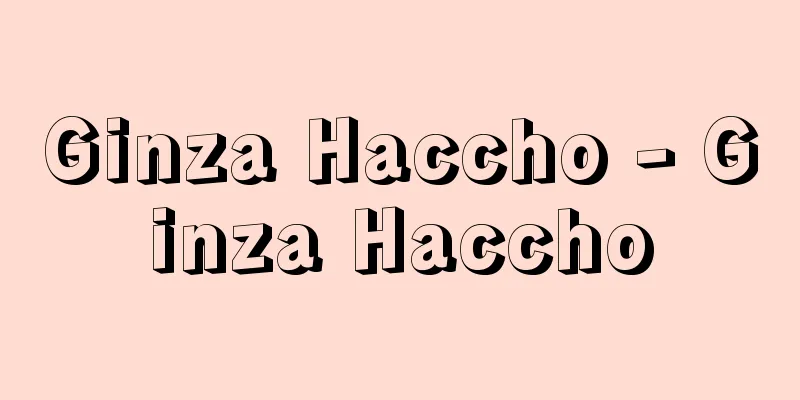
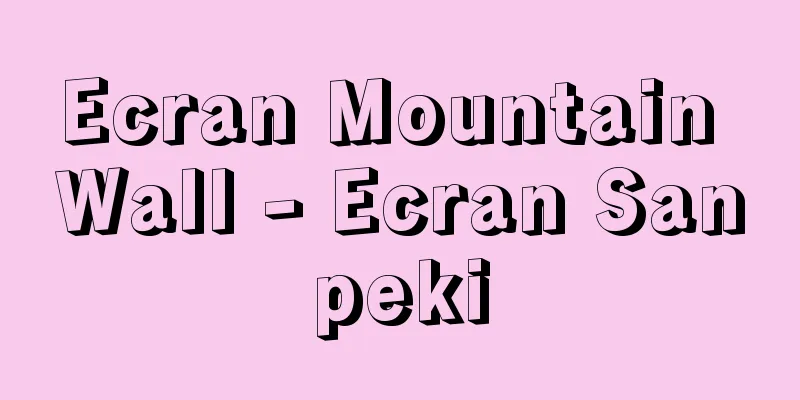
![Camaïeu (English spelling) [France]](/upload/images/67cb3df6b5fb4.webp)

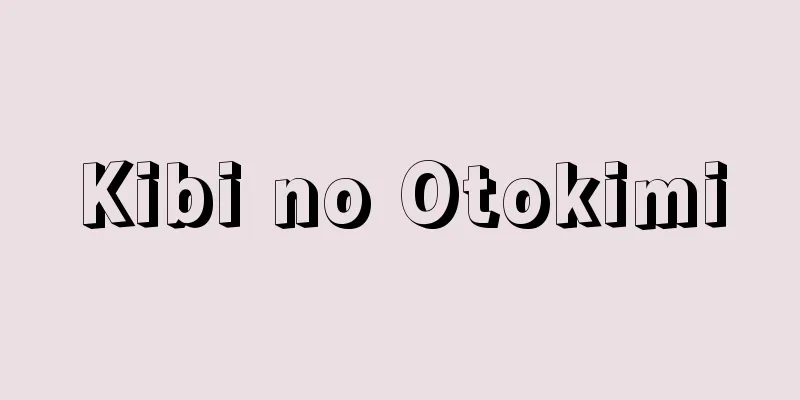
![Koga [town] - Koka](/upload/images/67cb83a52e047.webp)
